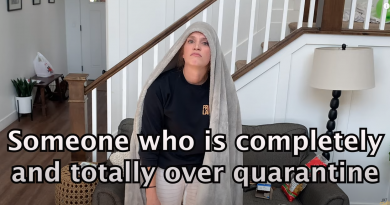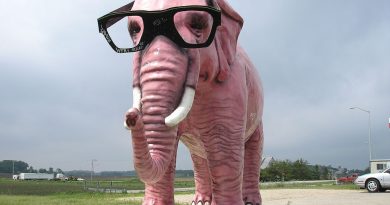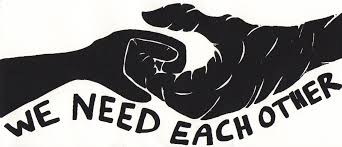A Seat at the Table
Title by Ava Masse

Today’s Poster Session “A Seat at the Table” features a broad range of projects that examine everything from city and architectural design to the politics of honey bee research. For example, Ezri Horne’s project “Tools, Property, and Power” focuses on her hometown of Santa Fe, New Mexico and uses both family history and extensive research to critically examine her own sense of belonging, while Isabel Ferdinand-Laignel’s project “Half the History: Janice Lourie” works to recover and reclaim a boldly innovative and often overlooked inventor, artist, and computer scientist. Isabel’s research process included reading Janice Lourie’s biography, listening to recordings of previous interviews conducted by Dina Deitsch and Liz Canter, learning about her patents and work at IBM, looking at extensive archival footage, and immersing herself in Lourie’s artwork. Ezri’s research process involved working through an archival and text-based investigation of Santa Fe, New Mexico. She compiled a living archive (fluid and ongoing) of sites, tools, and figures from Santa Fe that show how the practices and implications of land surveying as a divisive colonial tool are preserved in the material history and physical make up of space.
Bruce Ahirwe’s project “Learning from Rwanda” argues that due to overlooking the relationship between architectural design and cultural representation, buildings’ architectures tend to miss opportunities for more profound exploration and individualized experiences beyond simplistic design concepts. His project explores and extends architecture’s role in preserving and representing different cultures across communities by challenging the contemporary architectural designs of critical and vital community spaces. Architectural design ideas developed from the research were merged to create the Kalinga Library concept. This project not only aims to utilize architecture to represent the Rwandan culture but also to solve the problem of libraries deficit in Rwanda.
Grace van Deelen’s project “Care in Crisis” shifts to a concern with beekeeping practices. She explains that many entomologists who study honey bees come to the profession with an intention to practice care for honey bees as organisms, either through the practice of research itself or the ultimate effects of that research. However, once integrated into the structure of academic science, they find their intention to care for honey bees transformed into a different kind of care: care for the honey bee insofar as it can work, pollinate, and produce value for growers. Using anthropological literature which thinks through human/animal relationships, she argues that paying attention to how “care” moves through this process might open up possibilities for a more generative human/honey bee relationship.


